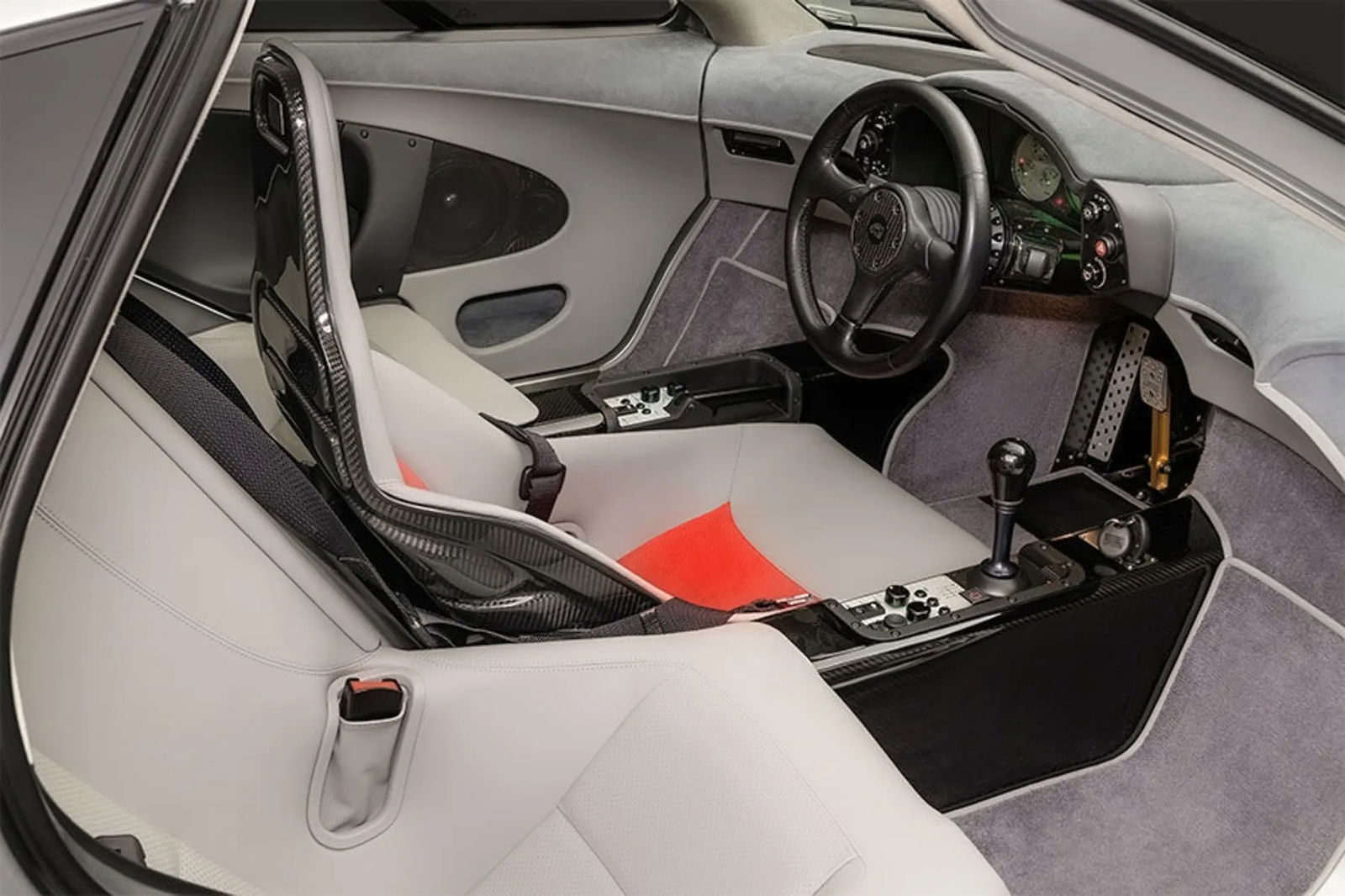Earlier this year McLaren was taken over by Abu Dhabi ‘advanced mobility’ investment firm CYVN, with the carmaker also merging with British startup Forseven.
This merger resulted in the appointment of Forseven’s CEO Nick Collins to the helm at McLaren’s road car division, which remains separate from the racing entity that is leading the Formula 1 championship.
Speculation has long claimed McLaren will eventually follow Ferrari, Lamborghini, Aston Martin and almost every other big brand by introducing an SUV, with the carmaker saying earlier this year that its “portfolio will be expanded into new product categories”.
Speaking to the UK’s Car magazine, Collins said McLaren won’t completely move away from its sports and supercars, though he promised it’ll expand to offer something with space for more than two occupants.

“We know – give or take 10 per cent – everything we’ll do through 2030, and we have a design model of everything,” Collins told Car.
“There will be more of what we’ve always done, but even better, and then entry to some adjacent segments. You’ll definitely see something with more than two seats, but that still leaves us in quite a wide territory. And as I said, even in two-seat territory, we could have a lot more diversity there.”
While there have been multi-seat McLaren supercars in the past – such as the world-beating F1 – it’s more likely whatever is coming will be an SUV, given how strongly they’ve performed for the brand’s aforementioned rivals.
Rumours of an EV have also circulated for the past handful of years, however demand for battery-powered luxury vehicles has slipped in recent years, leading to many rival brands scaling back their future plans.

According to Collins, McLaren will be using technology from Chinese EV giant Nio for its upcoming vehicles, and not just potential electric ones.
“You’ll see Nio components in McLarens much sooner than you think at a component level, even in the current range,” Collins added.
“We’ve been working with them to make a better McLaren faster. Not as in a faster car, but in a faster time.”
These appear to be positive steps for McLaren, which only a handful of years ago was having to ask for loans and sell some of its heritage vehicle collections to keep going.
CYVN is investing in the brand too, and it recently appointed former head of Ferrari Luca di Montezemolo to its board, which, along with the backing of other investors, gives Collins a positive outlook for McLaren.

“They [the investors] take a very bold view of the future. A European mindset is very incrementalist and we’re not here to be incremental,” he said.
“They are also absolutely committed and take a long-term perspective. This is not a two- to three-year, private equity type deal. Nor is it the other end of the spectrum, a vanity project where they’ll fund losses forever.
“We want to build a business that can generate free cashflow, that can fund its own future. Only if we do that will we ever create the kind of legacy that we’re talking about.
“I want people many, many years down the line to be able to come to work at McLaren. We shouldn’t be taking a 10-year horizon. We should be building a company for 50 years down the line. That may sound a bit grand, but that’s what we are trying to achieve.”




















Discussion about this post